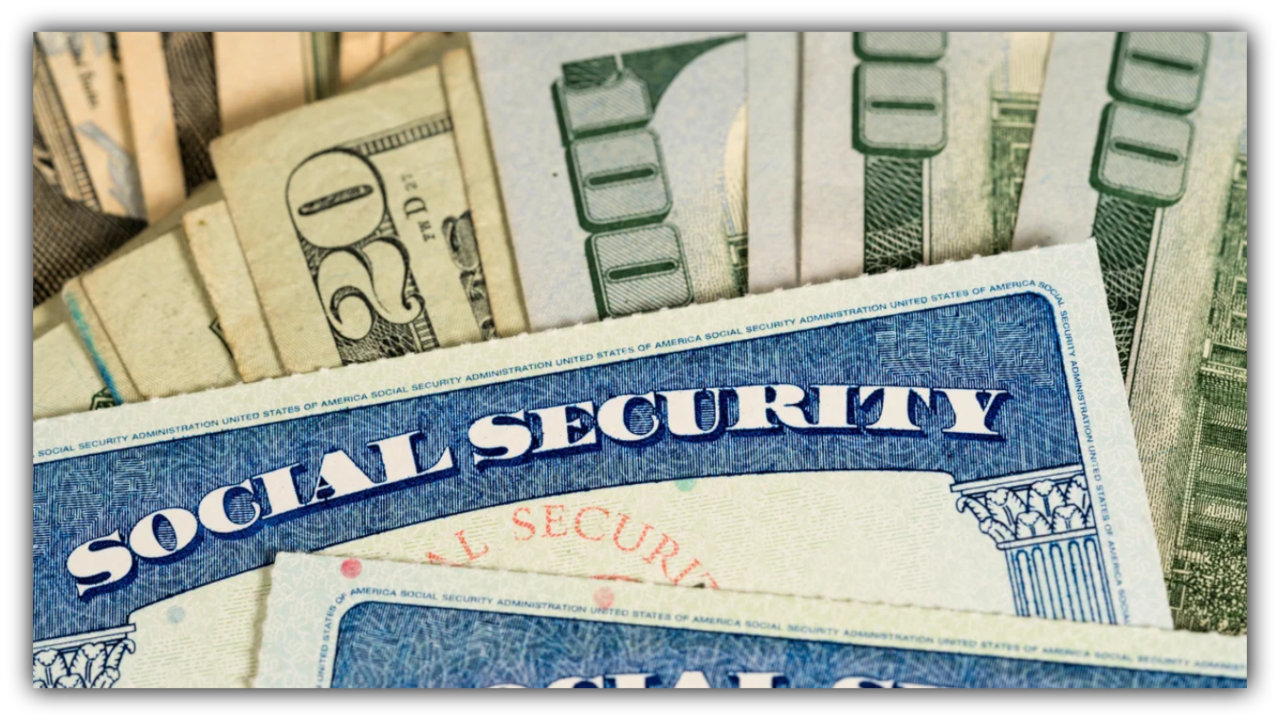Can the Government Really Take Your Social Security Check? The Truth Will Shock You!
If you’re living on Social Security, every dollar counts—and just the thought of someone taking money out of your check can be enough to lose sleep over.
So let’s get real:
Can your Social Security benefits actually be garnished?
The answer is usually no—but there are a few big exceptions you need to know about.
The Good News First: Most People Can’t Touch Your Check
Here’s the best part:
Debt collectors and most creditors can’t take your Social Security money.
That means if you owe money on things like:
-
Credit cards
-
Medical bills
-
Personal loans
-
Or even private student loans
…you’re safe. Your monthly Social Security payment is protected by federal law.
Even if someone sues you and wins in court, they still can’t get to your Social Security. It’s off-limits.
So When Can It Be Garnished?
Unfortunately, the government can still reach into your check in some situations. Here’s when it might happen:
1. Owe Back Taxes to the IRS?
Yep, Uncle Sam can take up to 15% of your benefit each month to cover what you owe.
No court order needed. They just do it.
2. Defaulted on Federal Student Loans?
Even if the loan is from way back, if you haven’t paid it off, the government can take money from your Social Security.
They’ll still leave you at least $750/month, but the rest—up to 15%—can go to your loan debt.
3. Child Support or Alimony?
If you’ve got a legal order to pay support, up to 65% of your benefit could be taken, depending on your circumstances.
4. Court-Ordered Restitution
If you’ve been ordered to pay money back (like in a criminal case), garnishment can happen here too.
5. SSA Overpaid You
If Social Security accidentally sent you too much money in the past, they can take it back from your future payments.
And as of March 2025, they’re allowed to take 100% of your benefit until it’s repaid—unless you work out a different plan with them.
Wait—What About Once It’s in My Bank Account?
Great question.
Here’s how it works:
When your Social Security check hits your bank, the law protects two months’ worth of that money from garnishment. That means if a creditor tries to come after it, the bank should leave that amount untouched.
But if you mix your Social Security with other types of money—like a paycheck or savings—it can get complicated, and the protections aren’t as clear.
Pro tip:
Try keeping your Social Security money in a separate account. It makes it easier to prove it’s protected.
What If You Get a Garnishment Notice?
Don’t panic—but don’t ignore it.
If you get a letter saying your benefits will be garnished:
-
Figure out who it’s from (IRS, court, SSA, etc.)
-
Contact them right away—sometimes you can set up a payment plan
-
Ask for help—a legal aid group or elder law attorney can explain your rights and maybe stop or reduce the garnishment



Comments are closed, but trackbacks and pingbacks are open.